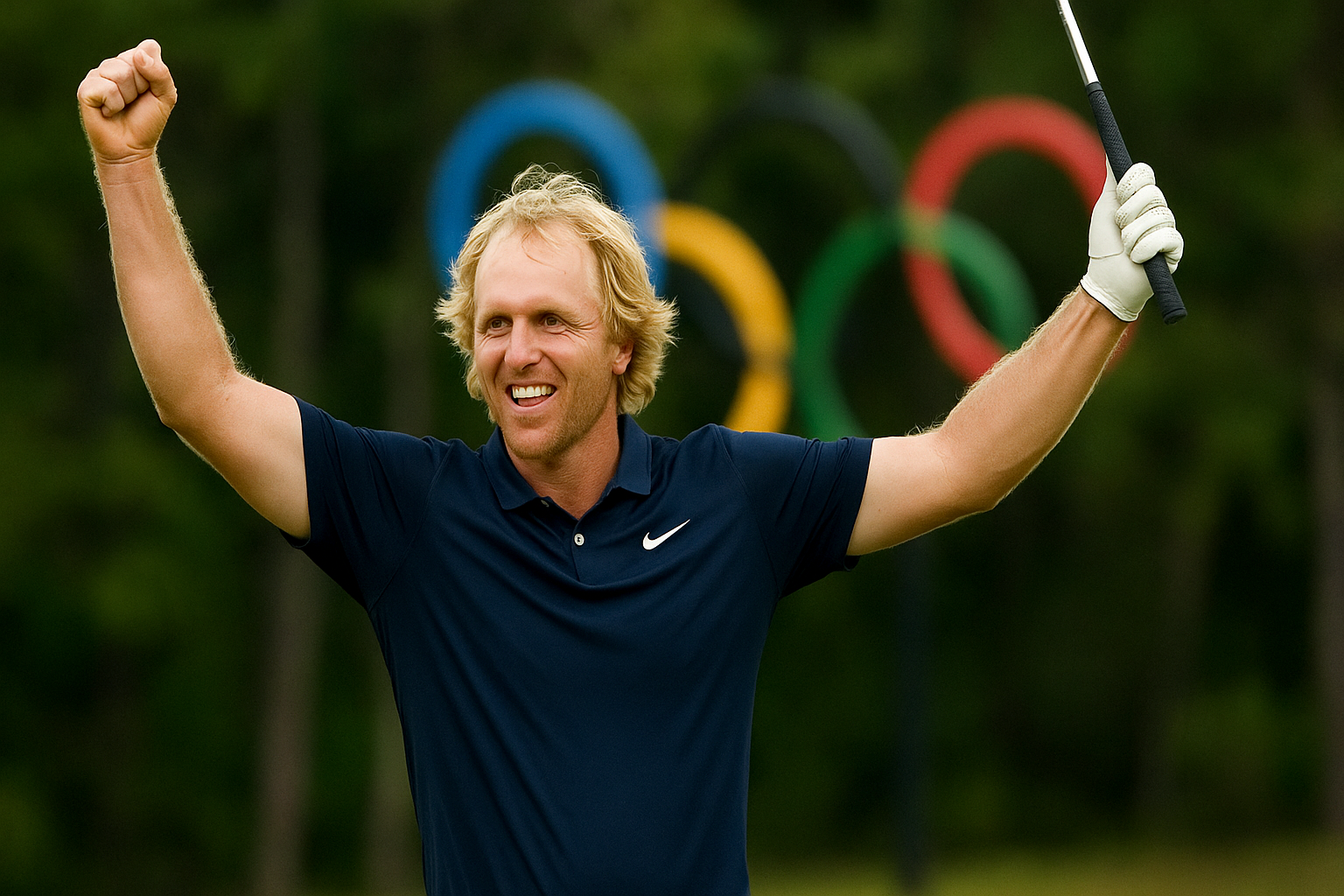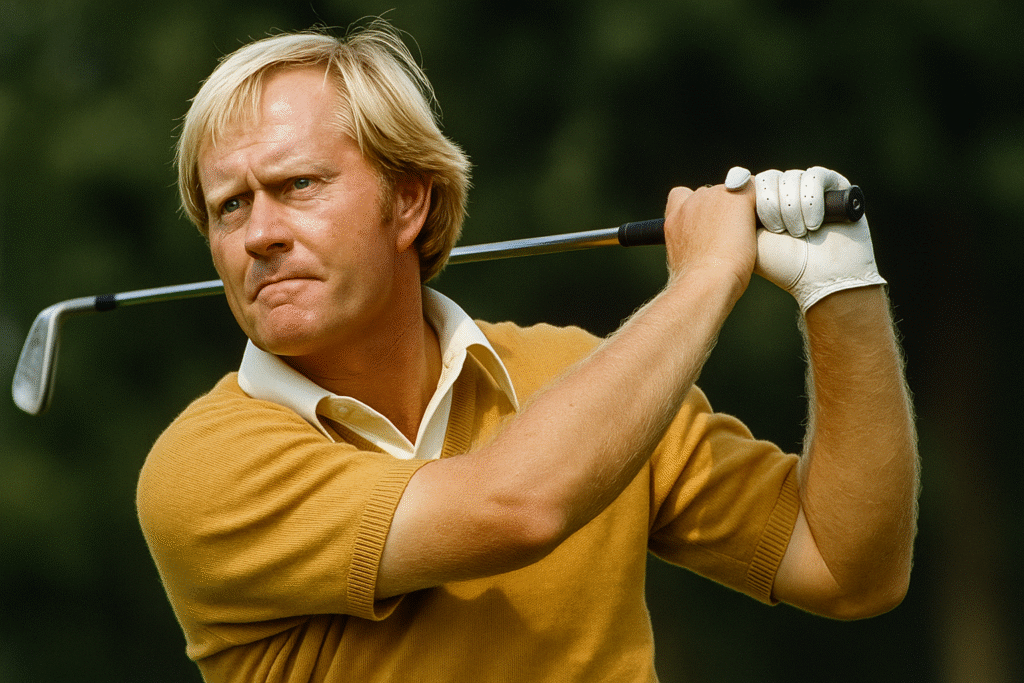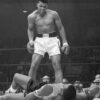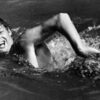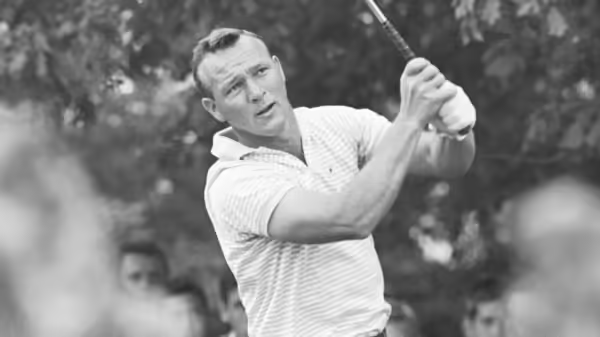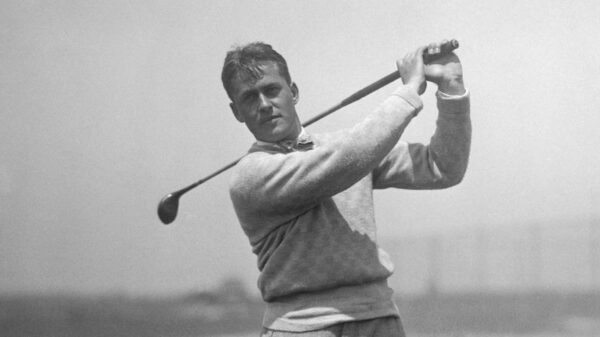Few names in sports history epitomize excellence and perseverance quite like Jack Nicklaus. Widely regarded as the greatest golfer of all time, Nicklaus’s legendary status extends beyond his 18 major championships and transformative impact on the game. Yet, what many don’t realize is how his unique approach to success—a philosophy rooted in discipline, innovation, and mental resilience—would have thrived on the world’s grandest stage: the Olympics. In this comprehensive biography, we reveal seven surprising secrets behind Jack Nicklaus’s winning mindset, exploring how his methods align with the traits of Olympic champions and what aspiring athletes and professionals can learn from his extraordinary journey.
Table of Contents
Understanding Jack Nicklaus: From Golden Bear to Global Icon
Jack Nicklaus’s story is not simply a tale of victory on the greens. Born in 1940 in Columbus, Ohio, Nicklaus quickly distinguished himself as a prodigy, winning his first major—the U.S. Amateur—at just 19. Over a career spanning four decades, he amassed a record 18 major titles, 73 PGA Tour victories, and numerous accolades, cementing his reputation as golf’s “Golden Bear.”
But what separates Nicklaus from the field is not just his stats—it’s his relentless pursuit of excellence, both on and off the course. Let’s delve into the seven secrets that could have fueled his success had golf been an Olympic sport during his era, and how these strategies continue to shape champions today.
1. Mastering Mental Toughness: The Real Gold Medal Skill
What is Jack Nicklaus’s secret to performing under pressure?
Olympic athletes and elite golfers alike know that mental fortitude is often the difference between victory and defeat. Nicklaus famously said, “Golf is 90% mental and 10% physical.” His unwavering focus during clutch moments—such as the pressure-packed final holes of the 1986 Masters, which he won at age 46—demonstrates his command over the mind-game.
Key actionable tips from Nicklaus’s playbook:
- Practice visualization techniques before each shot, much like Olympians envision their routines.
- Develop a routine to calm nerves, such as deep breathing or positive affirmations.
- Break challenges into small, manageable goals to maintain confidence.
Expert tip: Consistency breeds confidence. By rigorously sticking to his warm-up and pre-shot routines, Nicklaus trained his mind to handle even the most intense competition—a lesson every athlete can apply.
2. Commitment to Continuous Improvement: Outworking the Competition
How did Nicklaus become the best despite strong rivals?
Nicklaus’s career was defined by his dedication to constant learning. He analyzed his competitors—most notably, Arnold Palmer and Gary Player—adopted new technologies, and sought feedback from coaches like Jack Grout.
- Studying opponents: By understanding the strengths and weaknesses of other “golf Olympians,” Nicklaus consistently adapted his strategy.
- Leveraging data: He famously tracked his statistics long before analytics became mainstream, analyzing driving accuracy, putting, and course management.
Industry statistic: According to a Golf Digest study, Nicklaus’s commitment to self-improvement resulted in a major victory in every decade he played—unmatched by any peer.
3. Physical Preparation and Adaptability: Training Like an Olympian
What physical secrets powered Nicklaus’s longevity and success?
While golf has not always been seen as physically demanding, Nicklaus approached fitness with Olympic-level seriousness. He engaged in tailored strength programs, prioritized nutrition, and paid close attention to flexibility to withstand the rigors of international competition.
- Structured training: Nicklaus’s off-season included weight training and cardio, focusing on endurance required for grueling tournaments.
- Adaptability: He adjusted his swing mechanics in his 40s, demonstrating the importance of evolving physical techniques with age.
Critical takeaway: Adapt your training regimen as your body changes—this is the hallmark of every gold medalist, and it’s what gave Nicklaus a competitive edge over time.
4. Strategic Course Management: Outthinking the Field
How did Nicklaus’s tactical planning echo Olympic sportsmanship?
Success at the Olympics hinges on strategic thinking—timing, pacing, and decision-making. Nicklaus approached every round with a detailed strategy:
- Pre-event planning: He studied each course meticulously, mapping out risks and opportunities.
- Disciplined decision-making: Known for laying up (choosing safer shots) when others took risks, he epitomized playing the long game—much like a marathon runner pacing for the finish.
Case Study: At the 1972 U.S. Open at Pebble Beach, Nicklaus’s conservative but calculated approach led him to outperform the competition in treacherous conditions—an Olympic-worthy demonstration of tactics.
5. Resilience in the Face of Setbacks: Bouncing Back Stronger
What Olympic lesson emerges from Nicklaus’s greatest disappointments?
Even the Golden Bear faced defeats—such as dramatic near-misses at the British Open or heartbreaking final-round losses. What defined him was not failure, but resilience:
- Learning from setbacks: After every loss, Nicklaus reviewed what went wrong, feeding those lessons into future victories.
- Physical and mental recovery: He prioritized rest and mental decompression after tournaments, echoing top Olympic athletes’ focus on recovery.
Common mistake to avoid: Dwelling too long on defeat. Nicklaus’s ability to quickly reset after a loss made him a serial champion.
6. Building a Winning Team: Lessons in Leadership and Support
Who helped Jack Nicklaus become a “gold medalist” in golf, and why does team matter?
Olympic glory requires a support system. Nicklaus’s triumphs were a team effort:
- Trusted caddies: He credited much of his success to close relationships with caddies like Angelo Argea, who provided strategic insights and emotional support.
- Family involvement: His wife Barbara’s unwavering encouragement was legendary, often stabilizing his mindset before big events.
- Coaching and mentorship: Jack Grout’s lifelong coaching relationship was central to Nicklaus’s development, showing the Olympic value of consistency in training and feedback.
Actionable framework: Surround yourself with a team of mentors, coaches, and supporters who challenge and uplift you—no gold medal is won alone.
7. Championing Sportsmanship and Legacy: Playing for More Than Trophies
How did Jack Nicklaus embody the Olympic spirit off the course?
The world’s greatest Olympians are measured not only by medals but by sportsmanship and impact. Nicklaus’s career highlights include:
- Charitable impact: His eponymous foundations and junior golf initiatives have introduced the sport to millions, aligning with the Olympic value of global goodwill.
- Mentorship: Nicklaus regularly supports emerging talents, offering advice and fostering the next generation of champions.
- Grace in victory and defeat: He is renowned for his humility—often congratulating rivals with genuine respect, a core tenet of Olympic ideals.
Expert tip: Build your legacy by giving back—excellence endures far beyond trophies or podiums.
Frequently Asked Questions About Jack Nicklaus and Olympic Success
Did Jack Nicklaus ever compete in the Olympics?
No, Jack Nicklaus never played in the Olympics. Golf was not reintroduced into the Olympic Games until 2016, long after Nicklaus retired from competitive play. However, his approach to success aligns perfectly with Olympic values and methods.
What are the defining traits of Jack Nicklaus’s competitive style?
- Mental resilience
- Strategic thinking
- Commitment to constant learning
- Physical preparation
- Teamwork and leadership
- Sportsmanship and legacy focus
How can young athletes learn from Nicklaus’s career?
By embracing his mental routines, prioritizing continuous improvement, focusing on physical and tactical training, and valuing teamwork, young athletes can emulate his Olympic-caliber approach.
What was Jack Nicklaus’s impact beyond golf?
Besides his on-course dominance, Nicklaus has shaped the sport through course design, philanthropy, and mentorship—leaving a lasting legacy similar to Olympic legends.
Actionable Framework: Applying Nicklaus’s Olympic Secrets to Any Field
To harness the “seven secrets” of Jack Nicklaus’s approach in your professional or athletic pursuits, follow this step-by-step action plan:
- Cultivate mental toughness through daily visualization and positive mindset exercises.
- Analyze performance data and seek feedback regularly.
- Commit to physical wellness with tailored exercise and nutrition plans.
- Map out clear strategies before tackling big challenges.
- Embrace setbacks as learning opportunities, not failures.
- Build a network of trusted advisors, coaches, and supporters.
- Invest in your industry or community, ensuring your achievements have long-term impact.
Conclusion: Unlocking Your Own Gold Medal Mindset
Jack Nicklaus’s biography exemplifies what it takes to succeed—not only in golf but on any global stage, including the Olympics. By mastering mental resilience, persistent improvement, strategic discipline, and unwavering sportsmanship, we can all strive for excellence in our chosen fields. Emulating the Golden Bear’s approach isn’t just about winning titles; it’s about building a legacy, inspiring others, and pursuing greatness with integrity.
For further reading on legendary golf champions, sports psychology, and continuous improvement strategies, explore our in-depth guides on athlete success strategies and mental training for peak performance. Together, we can unlock potential and pursue our version of Olympic success—every single day.


